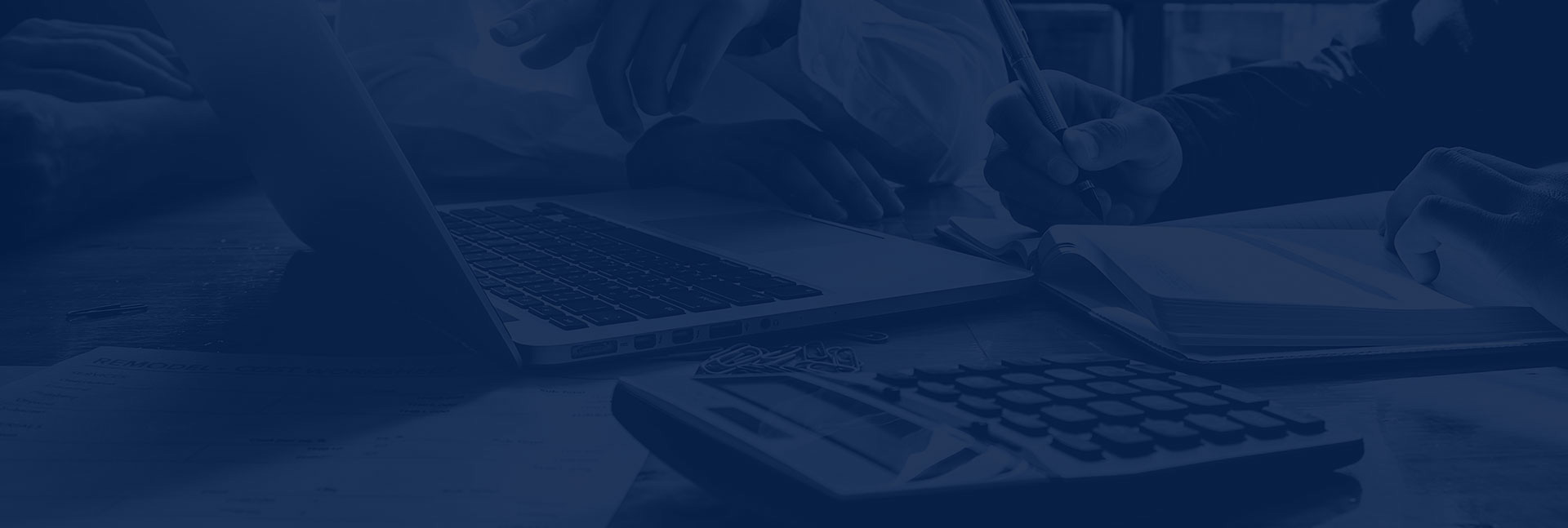Debt Consolidation Or Bankruptcy: Which is Better?
Many people are attracted to the idea of debt consolidation as a way to make their debt payments more manageable. This strategy combines multiple debts into one loan so you won’t have to keep track of multiple payments and varying interest rates every month. Whether you choose debt consolidation or bankruptcy as the best choice for you depends on many variables.
For instance:
- Is your credit high enough to secure a debt consolidation loan?
- Are you prepared for the damaging effect bankruptcy will have on your credit score if it’s not your best option?
You should create a debt management plan to determine which is the best option for you.
Trying to decide between debt consolidation and bankruptcy? Call (718) 340-3385 or contact us online for guidance from our team!
What Is Debt Consolidation?
Debt consolidation refers to the process of refinancing several debts into one single payment. Some people consider debt consolidation as a chance for a lower overall interest rate and a longer time to pay off the debt, however, it does not always work.
How Does Debt Consolidation Work?
Handling debt consolidation with a debt consolidation program is usually only effective with high-interest credit card debts. This requires you to reshape your lifestyle with a debt payment plan while the credit counselor negotiates with your creditors and offers you a presumably lower interest rate on outstanding debts. There is no guarantee that this rate would be lower.
How Is the Interest Rate Determined?
The rate is set by the creditor and depends on a variety of issues. Past payment behavior and credit score factor into that rate and, because you’re having debt issues, those variables could be detrimental. While there would be only one monthly payment under this plan, it is a façade for your true debt situation.
Additionally, credit counselors are usually only effective when dealing with lower levels of debt. Your one payment could be massive and difficult to sustain on a monthly basis.
What Is a Consolidation Loan?
A consolidation loan is another method for debt consolidation. The lender reimburses your creditors and charges you interest on a new, larger loan. Like the debt consolidation program, there is no guarantee of what the interest rate would be, and with a new loan of that magnitude, credit scores would be heavily weighed.
If your spending habits are an issue and your personal financial climate is strained, a consolidation loan would not work adequately. A loan would add further stress, despite it being consolidated into one sum.
Also, the assumption is that your living style will change and that your financial standing is based upon the payments of that particular loan. In reality, this is an unrealistic expectation. If you do manage a lower interest rate through debt consolidation, it can prove to be a poor long-term investment in terms of actual dollars.
Why the Time Period of the Loan is Important
The lender could disguise the loan with a lower rate and smaller payments. For example, if debts are consolidated and the company tells you your payment and interest rate are lower, they could be omitting a major factor: the period of time to repay the loan.
If it takes you a longer time, it isn’t a cheaper option—it is a prolonging of debt. With a lengthy loan payment plan, spending habits could worsen and more dollars could be spent repaying it. It presents too great a risk.
What if I’m Ineligible for Debt Consolidation?
Although debt consolidation has significantly less of an impact on your credit, unfortunately, not everybody is eligible for it. For those who are overwhelmed with the burden of high debts, pursuing bankruptcy may be the better option.
For example, in Chapter 7 Bankruptcy, if successful, you can wipe out certain debt and not have to ever repay it in the future. Although debt consolidation is a preferable alternative for many, it’s not possible for most people with high debts, as they are no longer in a suitable position to secure new loans to consolidate their debt.
Even if you do qualify for a debt consolidation loan, you might realize it won’t be sufficient to pay your other bills, and then it may be time to consider bankruptcy as a viable alternative to wipe out your debts and get a fresh start.
Contact the Law Office of Seni Popat for a Free, No-Obligation Bankruptcy Consultation
The strong effects of bankruptcy mean you should always consult with a bankruptcy attorney before pursuing it. If you cannot secure a debt consolidation loan or pursue other strategies to bring your debt under control, it might be worth it to pursue bankruptcy as your best option.
Our experienced law firm can help you decide which option is best for you. Simply reach out to us at (718) 340-3385 or contact us online to get started with a debt management plan that suits you best. We offer nonjudgmental legal advice and can relieve the overwhelming burden of high debts.
To reach out to the Law Office of Seni Popat, please call (718) 340-3385 or reach out online now for a quick response.













